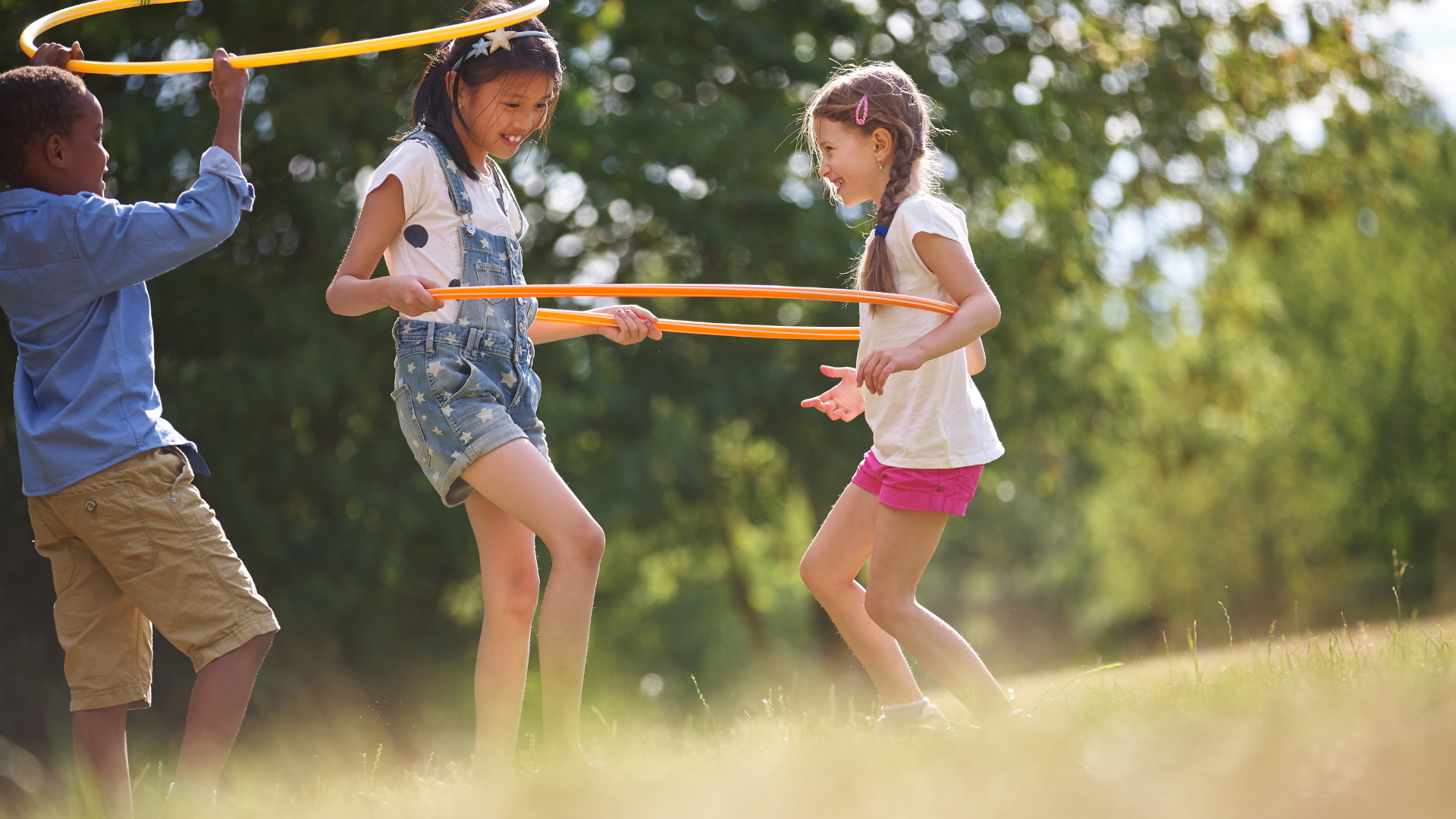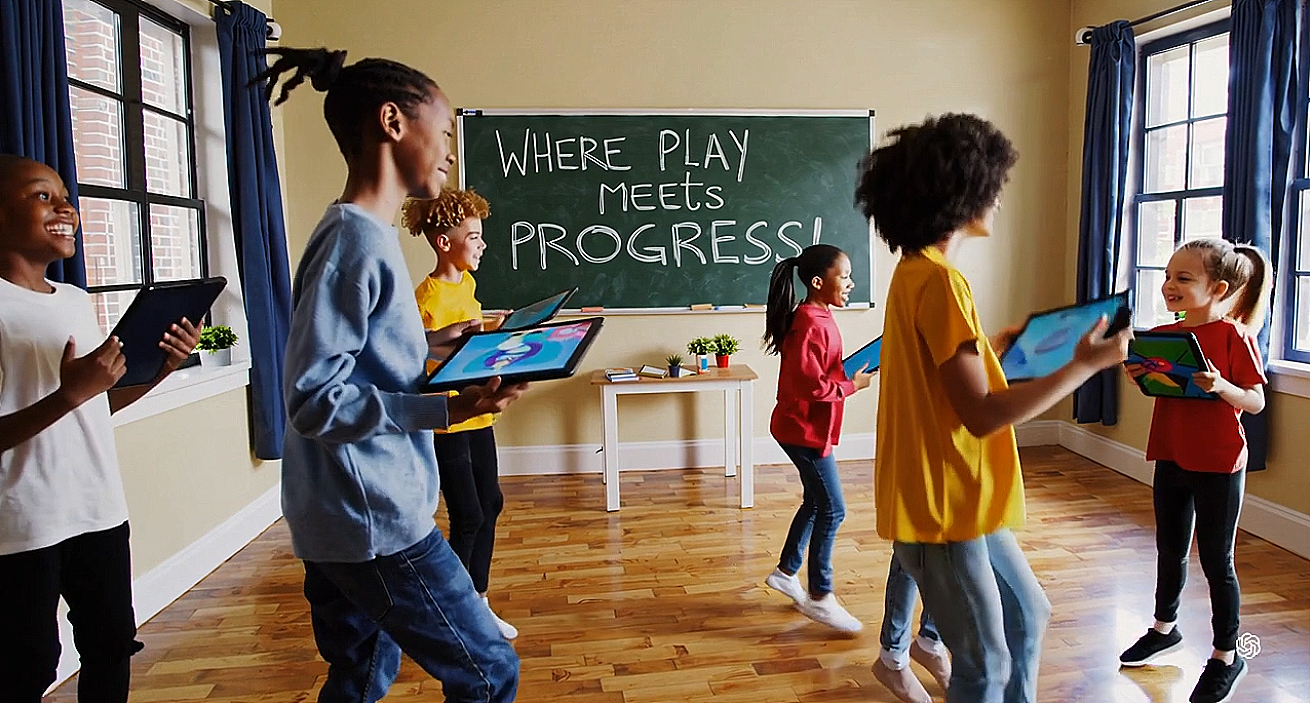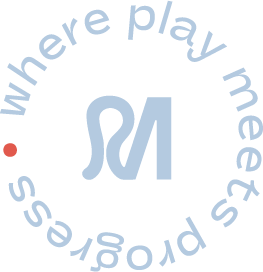In recent times, we are seeing a growing recognition for the impact movement-based learning can have on the development and wellbeing of neurodivergent children. Sometimes, children need to get moving to manage their feelings. When they engage in physical activity, like running, jumping, or playing, it can help them release built-up energy and stress. This movement triggers the release of chemicals in their brain that make them feel calmer and happier. From improved focus and attention to enhanced social skills and emotional regulation, the benefits of incorporating movement into learning environments are widespread.
Understanding Movement-Based Learning
Movement-based learning involves combining physical movement into educational activities to improve cognitive functioning and overall wellbeing. It recognises the connection of the mind and body, understanding that movement is not only essential for physical health but also plays a crucial role in cognitive processes such as attention, memory, and learning.
For neurodivergent children, who may face challenges in traditional learning environments, movement-based learning offers a holistic approach that addresses their diverse needs. By engaging in physical activities, such as dance, yoga, or interactive games, these children can improve their focus, regulate their emotions, and develop essential social skills in a supportive and inclusive environment.
The Benefits of Movement-Based Learning for Neurodivergent Children
Emerging research has proven that movement-based learning provides a wide range of positive effects for neurodivergent children. Some of the key benefits include:
1. Improved Focus and Attention: Engaging in physical activity has been linked to increased levels of neurotransmitters such as dopamine and serotonin, which are essential for regulating attention and focus. By incorporating movement into learning activities, neurodivergent children can enhance their ability to concentrate and stay engaged in tasks.
2. Enhanced Social Skills: Movement-based learning often involves collaborative activities that require children to communicate, cooperate, and problem solve together. These interactions not only foster a sense of belonging and community but also help neurodivergent children develop essential social skills such as turn-taking, sharing, and empathy.
3. Better Emotional Regulation: Physical activity has been shown to reduce stress and anxiety while promoting feelings of well-being and relaxation. For neurodivergent children who may struggle with emotional regulation, engaging in movement-based learning can provide a safe outlet for expressing and managing their emotions in a positive and constructive manner.
4. Increased Movement and Physical Fitness: Regular physical activity is crucial for maintaining overall health and fitness. By incorporating movement into their daily routine, neurodivergent children can improve their strength, flexibility, and coordination, leading to better physical health and reduced risk of chronic conditions later in life.
5. Enhanced Learning Outcomes: Research now suggests that movement-based learning can enhance cognitive processes such as memory, problem-solving, and creativity. By engaging both the body and the mind, neurodivergent children can improve their academic performance and develop a deeper understanding of key concepts.
The Role of Technology in Movement-Based Learning
In recent years, technology improvements have created new possibilities for movement-based learning, allowing educators and caregivers to use every day digital devices to support neurodivergent children. One such innovation is
Reset Moves’ new app, which is designed to deliver movement-based learning experiences directly to children’s devices.
Reset Moves’ New App: Revolutionising Movement-Based Learning
Reset Moves‘ new app represents a new approach to movement-based learning, offering neurodivergent children access to engaging and interactive activities that promote physical activity, cognitive development, and emotional well-being. Packed with special features, the app provides a comprehensive solution for parents, educators, and caregivers looking to support neurodivergent children in their individual journey.
Key Features of Reset Moves’ New App:
1. Customisable Workouts: The app allows users to customise their experiences based on their preferences, , and individual needs. Whether it’s enjoying an individual game, or selecting a 3, 5, 8 or 10 minute series of interactive interventions, children can choose activities that resonate with them and tailor their experience to suit their unique abilities.
2. Progress Tracking: With built-in progress tracking features, parents and educators can monitor children’s activity levels, track their completion rates , and celebrate their milestones along the way. This simple and effective feedback loop not only provides motivation but also allows for ongoing monitoring and adjustment of individual learning goals.
3. Social Sharing: The app includes social sharing features that enable children to connect with peers, share their achievements, and celebrate their successes together. This sense of community fosters a supportive and inclusive environment where children can learn, grow, and thrive together.
4. Accessibility: Reset Moves’ new app is designed to be accessible to children of all abilities and all ages, with features such as customisable difficulty levels, audio instructions, and visual cues. By removing barriers to participation, the app ensures that every child can engage in movement-based learning activities and reap the benefits.
5. Short and Sharp: Our research has shown that just 8 minutes of playing our app can make a big difference in your childs mood and attention. By doing fun activities that combine moving around and thinking, our app helps children feel better and focus more Reset Moves is a simple and effective method to boost wellbeing and enhance movement and attention in neurodivergent children.Movement-based learning holds great potential for supporting the development and wellbeing of neurodivergent children. From improved focus and attention to enhanced social skills and emotional regulation, the benefits of incorporating movement into learning environments are undeniable. With the introduction of innovative tools such as Reset Moves’ new app, movement-based learning is more accessible and engaging than ever before, changing the way we support neurodivergent children in their learning journey. By harnessing the power of technology and embracing a holistic approach to education, we can create inclusive and supportive environments where every child has the opportunity to thrive.




